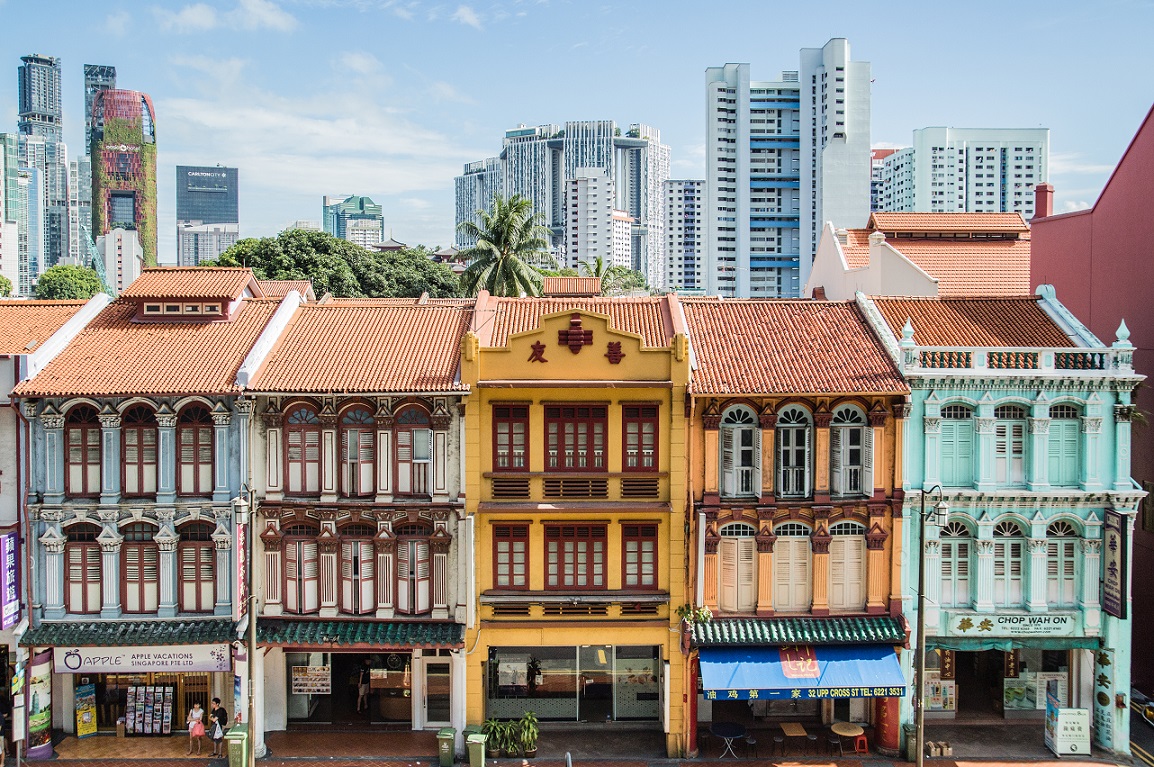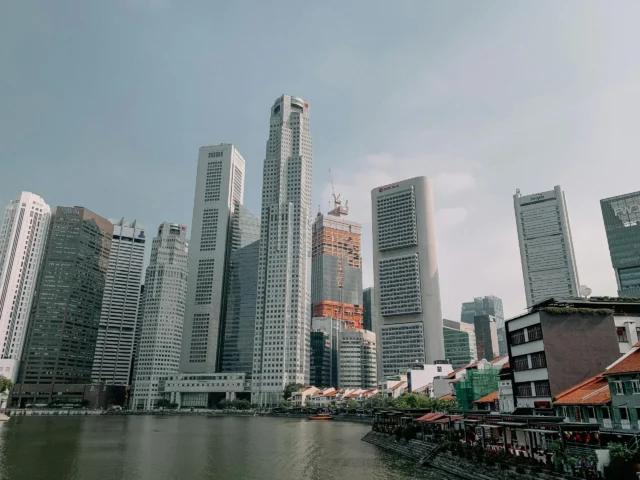Singapore, a vibrant hub of commerce and culture, welcomes millions of visitors with its sleek skyline and lush gardens. But for many, the question arises: can foreigners own property here? The answer isn’t cut and dry.
While the city-state offers a plethora of real estate opportunities, the rules can be intricate and layered. Non-citizens are indeed allowed to invest in certain types of properties, but the parameters vary widely depending on the property type and its intended use.
Understanding these nuances is crucial for anyone considering a stake in this bustling metropolis. In this quick overview, we’ll unravel the complexities of property ownership for foreigners in Singapore, illuminating the pathways to making this stunning city your home or investment haven.
Types of Properties Foreigners Can Own

In Singapore, the landscape for foreign property ownership is nuanced and varied, with certain types of properties more accessible than others. Foreigners can purchase private residential properties, such as apartments and condominiums, allowing them a foothold in the vibrant city-state.
However, this opportunity comes with restrictions; for instance, they must apply for approval from the Land Dealings Approval Unit (LDAU) to buy landed properties, which are generally limited to those with Permanent Resident (PR) status or specific criteria. Additionally, foreign investors can delve into the commercial arena, acquiring office spaces, shops, and industrial properties, albeit with regulatory oversight.
Therefore, while the doors to property ownership are open, navigating the rules and understanding the types of properties allowed is essential for any foreign buyer keen on making Singapore their investment haven, especially with appealing options like River Green on the horizon.
Legal Framework

In Singapore, the legal framework governing property ownership for foreigners is meticulously structured, reflecting the city-state’s approach to real estate regulation. Foreigners are primarily restricted to purchasing condominiums and apartments, which must not exceed 50% of the development’s total units.
However, the landscape becomes more permissive for substantial investments, such as landed properties, requiring approval from the Land Dealings (Approval) Unit under the Ministry of Law. This approval process entails a thorough evaluation, including considerations of economic contribution and the potential benefit to Singapore.
Additionally, foreign buyers must navigate various taxes and fees that further define their property engagement. The interplay of these regulations is designed to safeguard local interests while still inviting foreign investments into the buoyant Singaporean property market.
Restrictions on Foreign Property Ownership

In Singapore, foreign property ownership is subject to specific restrictions designed to maintain a balanced real estate market. Generally, non-citizens can purchase private residential properties, such as condominiums, but they must seek approval from the government if they wish to acquire landed properties, such as bungalows or semi-detached houses.
This regulation serves to preserve the integrity of the residential sector, preventing excessive foreign influence and speculation. Additionally, foreigners may face limitations regarding the types of properties accessible to them; while they can invest in certain properties, others, especially those zoned for residential use, may remain off-limits.
Consequently, navigating these restrictions requires potential investors to thoroughly understand the laws and seek appropriate guidance to avoid costly missteps in their property endeavors.
Conclusion
In conclusion, while the process of foreign property ownership in Singapore comes with specific regulations and restrictions, it remains an attractive option for many investors seeking to capitalize on the countrys robust real estate market. Understanding the nuances of property types, such as residential developments like River Green, is essential for navigating the purchasing landscape.
By familiarizing themselves with local laws and requirements, foreigners can successfully navigate the property market in Singapore, making informed decisions that align with their investment goals. Overall, the potential for capital appreciation and the stability of the Singaporean economy continue to draw interest from abroad, solidifying the island nation as a desirable location for property investment.




